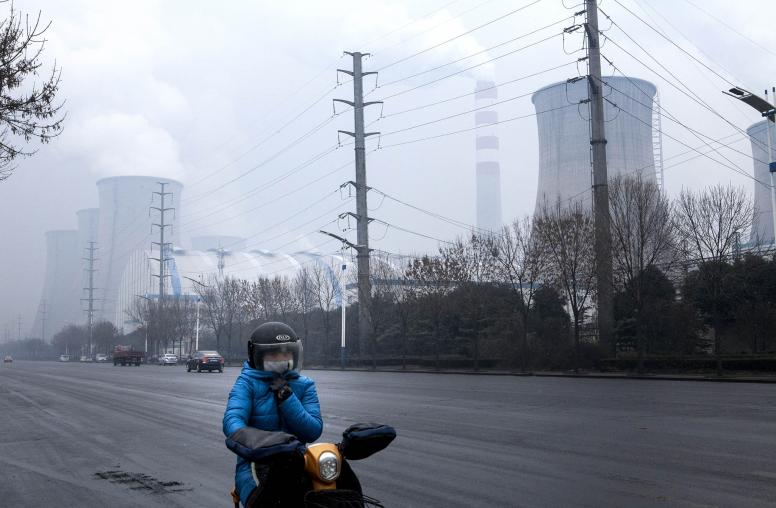The Business Case for Sustained Peace
Even though the private sector accounts for more than three-quarters of capital inflows to the developing world, relatively little work as been done to fully understand the role that businesses could play in promoting peace and economic progress. On December 7th USIP convened two panels to explore how entrepreneurship and the private sector can stabilize societies.
Read the event coverage, Chevron in Angola, Entrepreneur in Haiti Help Make Business Case for Sustained Peace

The private sector accounts for more than three-quarters of capital inflows to the developing world, yet relatively little work as been done to fully understand the role that businesses could play in promoting peace and economic progress. In addition to investment flows, the private sector also helps create jobs, support small and medium-scaled enterprises, rebuild infrastructure and stabilize communities. At the same time, without proper oversight, businesses could have negative consequences. Doing business right is of great import in conflict-affected developing states where an urgent need exists for both employment and economic equity.
USIP hosted a two-panel discussion on how to leverage private sector activities and how entrepreneurship can help lay the foundation for stable societies. Members of USIP’s Task Force on Business and Peace discussed findings and recommendations outlined in two recent reports, “How Business Can Foster Peace” and “Entrepreneurship in Fragile States.”
10:00am | Opening Remarks
- Raymond Gilpin, Moderator
U.S. Institute of Peace
10:10am | Panel 1: Business as a Force Multiplier for Peace
- Timothy Fort,
Institute for Corporate Responsibility,
George Washington University - Mamadou Beye,
Chevron - Julia Roig,
Partners for Democratic Change - John Forrer, Moderator
Institute for Corporate Responsibility
George Washington University
11:00am | Panel 2: Empowerment through Effective Entrepreneurship
- Steven Koltai,
Koltai and Company, LLC - Teddy Roux
Entrepreneurial Solutions Partners - Raymond Gilpin, Moderator
U.S. Institute of Peace
11:50am | Closing Remarks
- Timothy Fort,
Institute for Corporate Responsibility,
George Washington University



